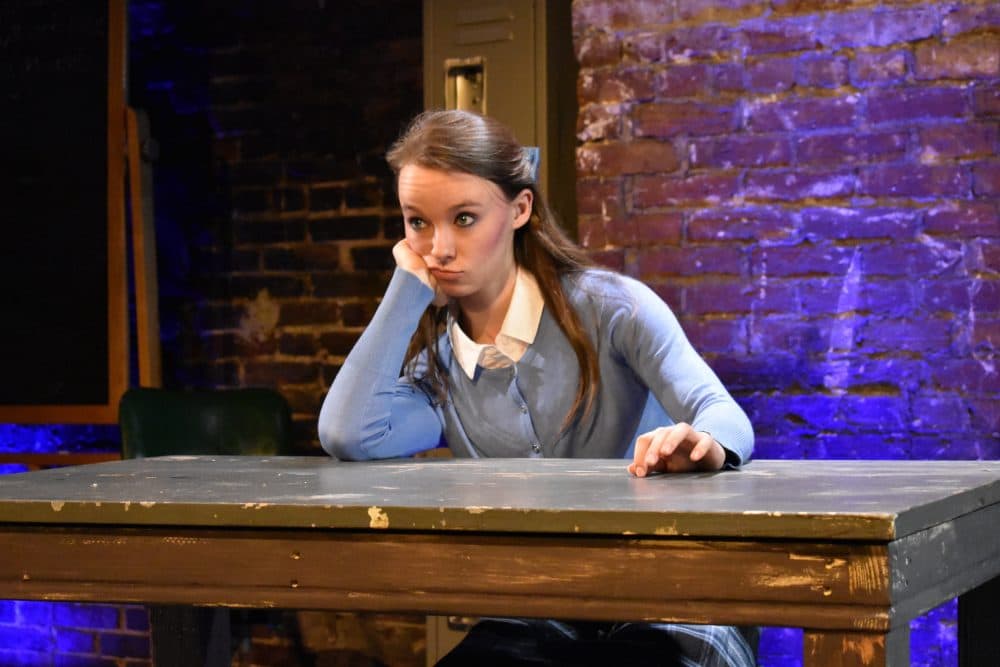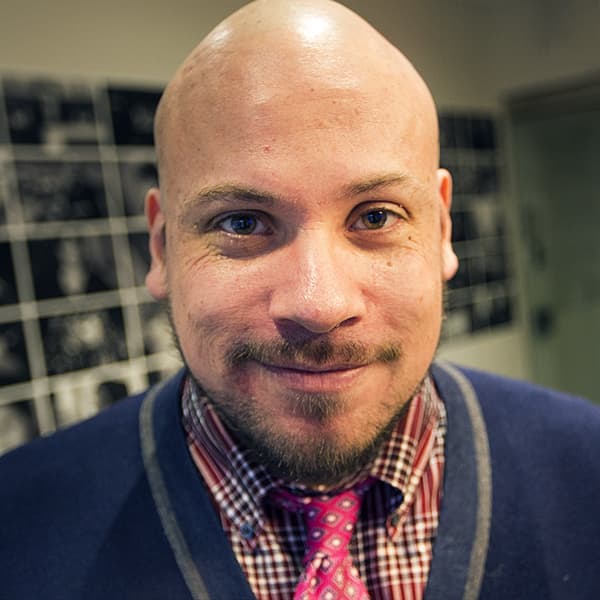Advertisement
At Chelsea Theatre Works, A Fresh Take On Shakespeare That Looks New And Sounds (Very) Old
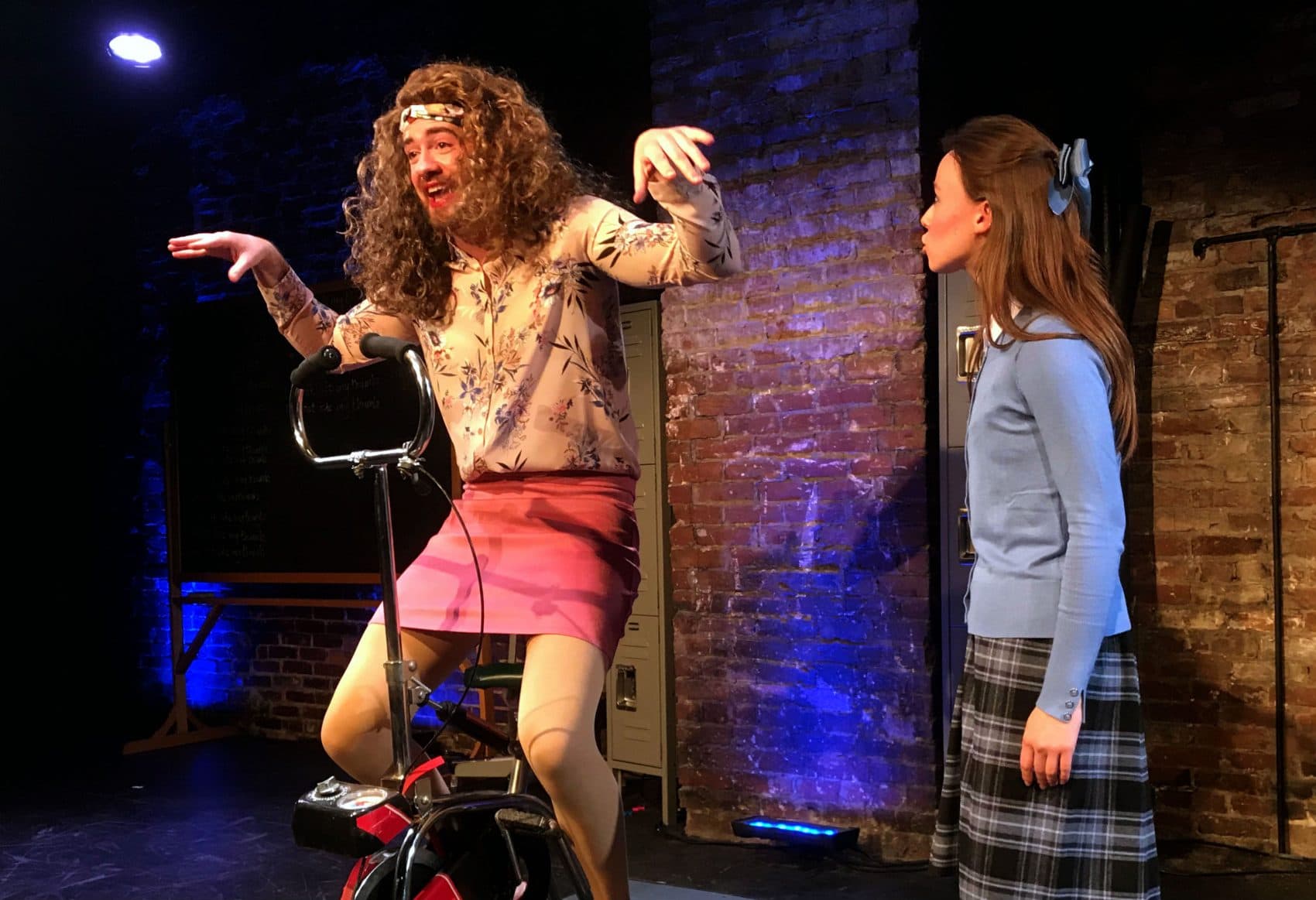
Think of the most careful, precise, upper-class-sounding British accent you've ever heard someone use when performing the work of Shakespeare. (It's OK if the description you would choose is "snooty.") Maybe the performance was accompanied by the sense that this is how one properly speaks the great poetry of the Bard, thank you very much.
The trouble is, that's not at all how the Queen's English actually sounds — if it's the 17th century and the queen in question is Elizabeth I.
The evolution of the various English-language accents used around the world means that today we "speak the speech," as Hamlet famously instructed, in a way that would have sounded quite odd to Shakespeare himself.
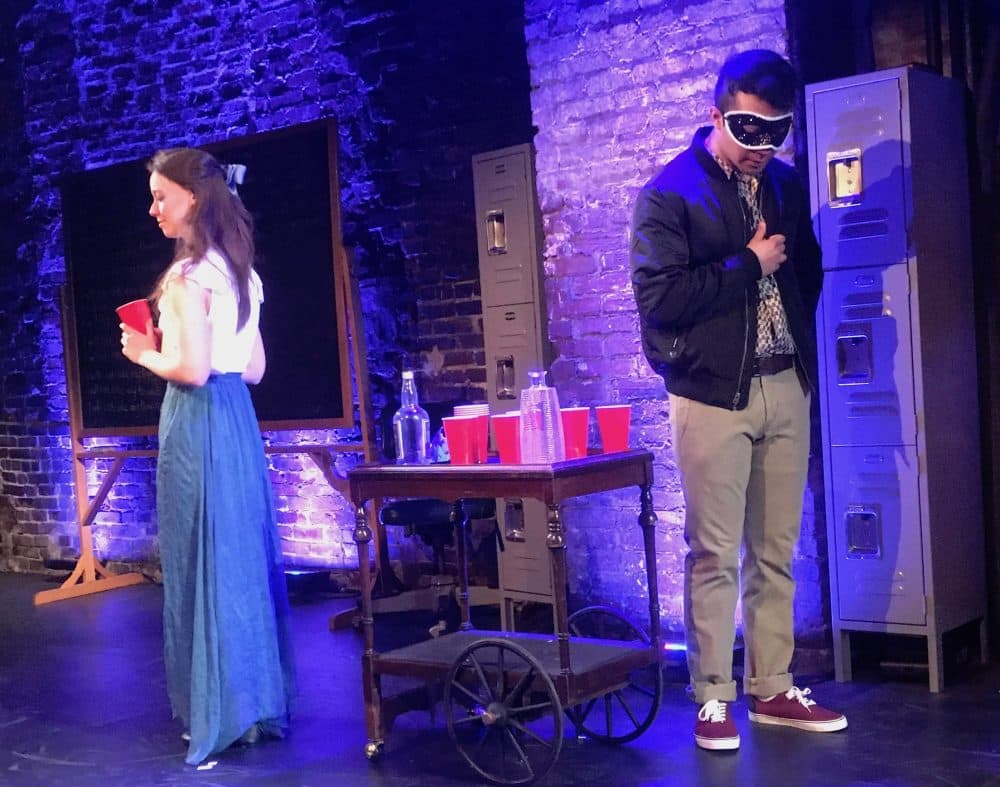
We don't know exactly what Hamlet's soliloquies or the balcony scene in "Romeo and Juliet" sounded like when Shakespeare's audiences heard them. But scholars have re-constructed that old accent to their best estimation. The result is a dialect dubbed Original Pronunciation, or OP for short.
Audiences in Greater Boston now have a rare chance to hear OP in action. Underlings Theatre Company is staging a production of "Romeo and Juliet" performed that way at Apollinaire Theatre Company's Chelsea Theatre Works. Performances run through Saturday, March 3.
"OP is fast. It's guttural. It goes for the punches and it doesn’t let you treat it as if it’s precious," says Daniel Thomas Blackwell, the company's co-founder and the dialect coach for this show, "because the sounds aren’t precious and they don’t remind us of anything we would think of as a posh British accent. A lot of people [have the attitude that] this is pretty poetry and we need to be very gentle and careful with the words. This is not about that."
OP sounds like it has bits of Irish, Scottish and Welsh accents mixed into it, plus assorted accents that are now most prevalent in rural England ... and a touch of the accent we associate with pirates. It's spoken in a lower register than many actors are accustomed to using, and actors say they have to summon the proper sounds from deep in the diaphragm.
Here's a sound clip of Chelsea Evered (as Juliet) and Johnny Le (as Romeo) performing some of the balcony scene in OP:
Evered and Le both describe the accent as "earthy" and "grounded," and say it affects their whole approach as actors. Director Lelaina Vogel says that when they speak in OP, her actors are better able to reach the depths of emotion called for in the play. It also forces everyone to hear the familiar words of a classic play with fresh ears.
This is just the second full production that Underlings has mounted, after Blackwell and Vogel met at a series of workshops for arts entrepreneurs. Blackwell, 26, became interested in OP after being exposed to it at St. Louis University. Vogel, 23, wanted to start up a theater company that would bring a contemporary perspective to classic texts.
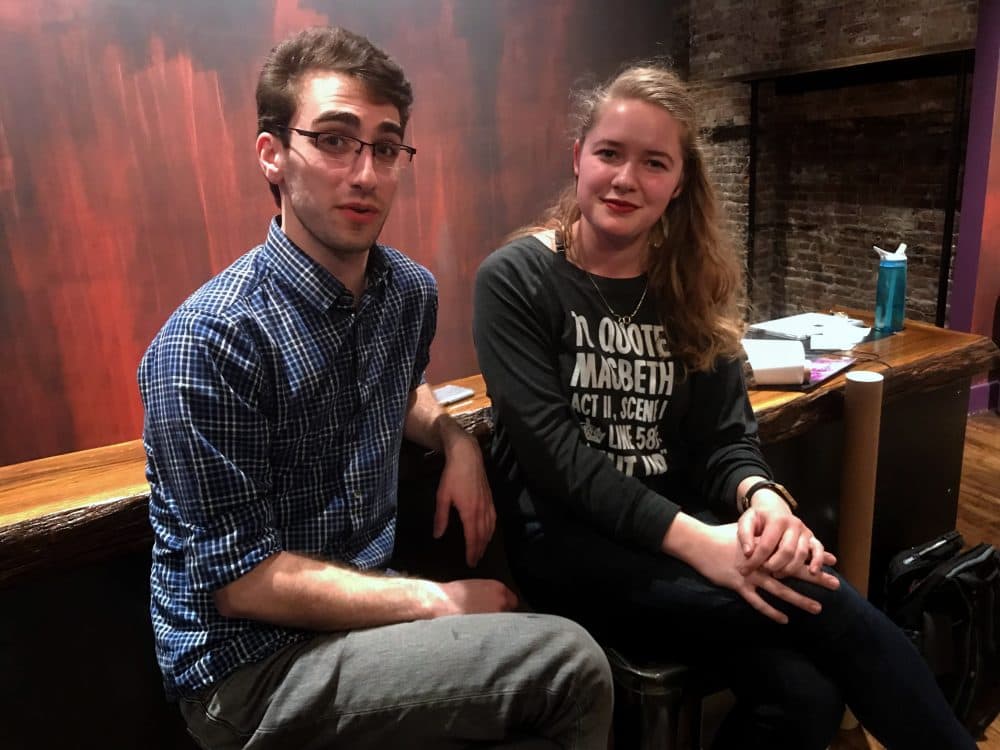
Their experiment with OP is definitely not an attempt to present a fully period-accurate production of the play. This is a modern-dress version, and Vogel has set it in a 1980s-era high school. There's a moment in the play when the actors sing along to a bit of Wham's "Wake Me Up Before You Go-Go" in OP.
"I think we've always been interested in the idea that the characters from these classic plays could be people that you meet on the street. And when you approach the work the way we have done," Vogel says, "it feels so much more immediate and intimate. It feels like watching your friends from high school goof around in the hallway."
The alternative is "watching a group of people enunciate these ancient texts," she adds, drawing out those last two words with a theatrically pretentious-sounding flourish.
The theater's cofounders say their approach to casting is part and parcel of their desire to re-examine classic texts with fresh eyes. They note that the cast includes a nonbinary actor, a Mexican national and women portraying characters in the play as women. (A key distinction from the more common technique of simply casting women in Shakespeare to play men.)
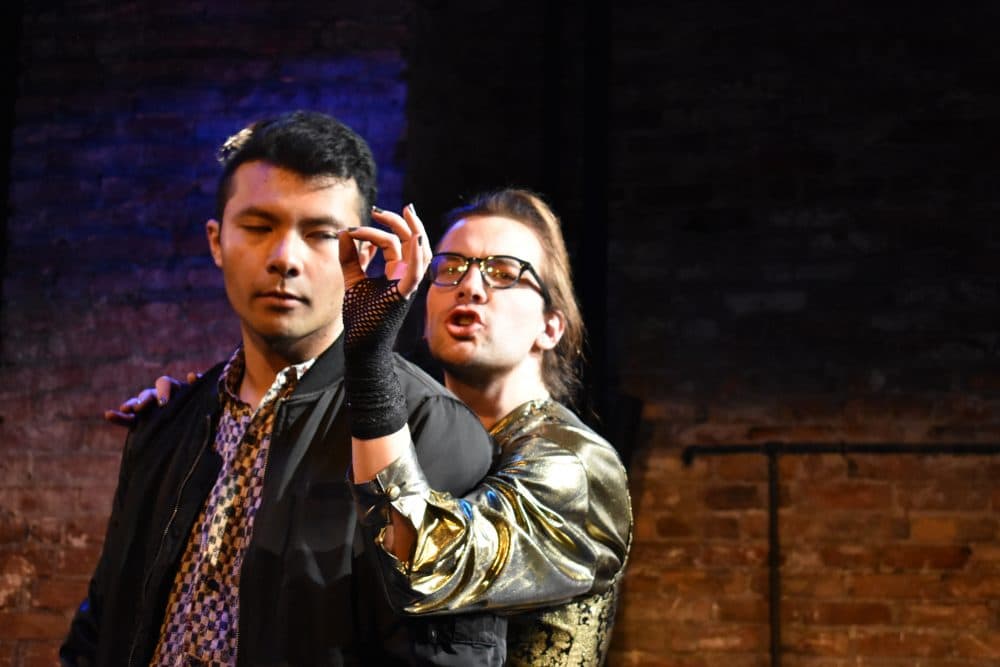
OP scholarship is relatively new. It's clearly a niche interest, but started catching on after the British linguist David Crystal helped Shakespeare's Globe mount a production of "Romeo and Juliet" spoken in OP in 2004. That theater followed up with "Troilus and Cressida" in OP the next year, but efforts to stage an OP revival since then have been scattershot.
The reconstruction of a 400-year-old accent is achieved by a deep look at the literature and private correspondence from the era, including a 1636 guide to pronunciation written by Ben Jonson. Spelling was also much less standardized then, and variations in spelling across sources offer good clues as to how people actually pronounced a given word.
The best evidence may be right there in Shakespeare's texts, particularly his sonnets or plays like "A Midsummer Night's Dream" that include lots of rhyming. Crystal has identified nearly 100 sonnets that include ostensibly failed rhymes that suddenly work when you adjust the pronunciation. The words "proved" and "loved" were meant to close Sonnet 166 with a rhyme that is totally lost with contemporary pronunciation, for instance. Various other puns and in-jokes are also uncovered when you speak Shakespeare in OP.
The cast has put in an additional 40 hours of combined rehearsal time to work on OP. Le, who plays Romeo, says OP is seeping into his non-performance life.
"I'll be ordering at the drive-through window," he says. "and I'll catch myself talking in OP."
